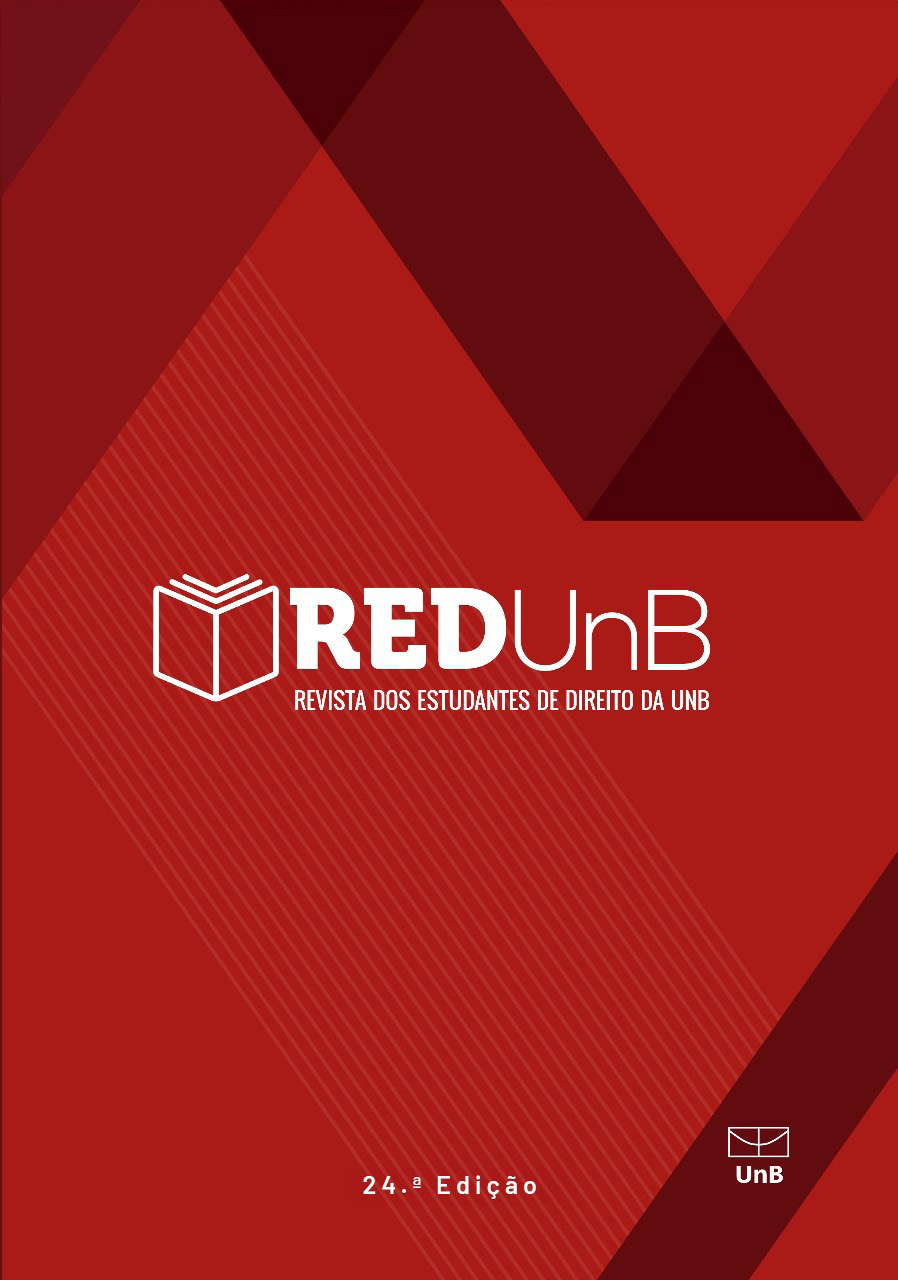CRÍTICA À APLICAÇÃO DO DOLO EVENTUAL NO PROCESSO PENAL BRASILEIRO
A EMBRIAGUEZ AO VOLANTE E A ATECNIA DO ART. 18, I, DO CÓDIGO PENAL
Palavras-chave:
Dolo Eventual, Culpabilidade, Punitivismo, Teoria da Vontade, EncarceramentoResumo
O presente estudo tem por objetivo analisar os contornos da aplicação do “dolo eventual” no processo penal brasileiro. Ao estudar tal conceito, crucial, preliminarmente, rememorar os pilares da culpabilidade, que marcam o surgimento do instituto. Para tanto, se inicia com uma análise histórica da punição, demonstrando o crescimento da impulso social por formas mais rígidas do ato de punir. Verifica-se que, diante desse contexto punitivo, existe uma flexibilização de institutos processuais, visando a possibilidade de punir mais, o que pode ser observado no contexto da aplicação do “dolo eventual”.
Referências
BECCARIA, Cessare. Dos Delitos e Das Penas.6ª ed. São Paulo: Martin Claret, 1764.
BOTTINI, Pierpaolo Cruz. O paradoxo do risco e a política criminal contemporânea: Direito penal contemporâneo: questões controvertidas. São Paulo: Saraiva, 2011.
CARRARA, Francesco. Programma del corso di diritto criminale. Parte generale. 10. ed. Firenze: Fratelli Camelli: 1907. v. 1.
CALLEGARI, A. L.; LINHARES, R.M. A EXPANSÃO DO DIREITO PENAL E A DETURPAÇÃO CONCEITUAL DE INSTITUTOS DE IMPUTAÇÃO: O DOLO EVENTUAL. In: Nestor Eduardo Araruna Santiago ;Paulo César Corrêa Borges ;Claudio Macedo de Souza. (Org.). DIREITO PENAL, PROCESSO PENAL E CONSTITUIÇÃO: XXIII ENCONTRO NACIONAL DO CONPEDI. 1ed.Florianópolis: Conpedi, 2014, v. 1, p. 25-45.
COPELLO, Patricia Laurenzo. Apud. GRECO, Rogério. Curso de Direito Penal. 13ª ed. Rio de Janeiro: Impetus, 2011, p. 183.
DEBUYST, Christian, DIGNEFFE, Françoise, LABADIE, Jean-Michel, PIRES, Álvaro P. Histoire des savoirs sur le crime & la peine. Montreal: De Boeck, 1996, v. I, p. 16-17; 19-20.
EIRA, I. C. Teoria do dolo e sua subversão em prol de um direito penal da vingança. 2014. 65 f. Monografia (Bacharel em direito) – Universidade Católica do Rio de Janeiro, Rio de Janeiro, 2014.
FERNANDES, Thayla; Rosa, Pablo Ornela. Teoria do capital humano e o discurso da ressocialização: docilizações, produção do homo oeconomicus e resistências na era da biopolítica. In: IV ENADIR, 2015, São Paulo. V ENADIR, 2015.
FOUCAULT, Michel. La verité et les formes juridiques. In: Dits et écrits, t. II, p. 538-646. Paris: Gallimard, 1974, p. 590.
FOUCAULT, Michel. Vigiar e Punir: nascimento da prisão. Petrópolis: Vozes, 2019
JEFFERY, Clarence Ray. Crime in early English society. Chicago: The Journal of Criminal Law, Criminology and Police Science, v. 47, n. 6, mar./abr., 1957, p. 647-666.
JORIO, Israel Domingos. O fetiche do dolo eventual. Boletim IBCCRIM 230, jan. de 2012.
MARTINELLI, João Paulo Orsini. DE BEM, Leonardo Schmitt. Direito penal parte geral: lições fundamentais. 8. ed. - Belo Horizonte, São Paulo: D´Plácido, 2023.
SCHMIDT, Eberhard. Einführung in die Geschichte der deutschen Strafrechtspflege. Göttingen: Vandenhoeck & Ruprecht, 1965, p. 24-25.
SILVA, L. T. Algumas reflexões sobre o Direito Penal Máximo. REVISTA DE DIREITO MACKENZIE, v. 6, p. 217-224, 2012.
TANGERINO, Davi de Paiva Costa. Culpabilidade. 2. ed. São Paulo: Saraiva, 2014. v. 1. 264p.
VIANA, E. Dolo como compromisso cognitivo. 1º ed. São Paulo: MacialPons, 2017.
ZAFFARONI, Eugenio Raúl. PIERANGELI, José Henrique. Manual de direito penal brasileiro: parte geral. 13.ed. rev. e atual - São Paulo: Thomson Reuters Brasil, 2019.


